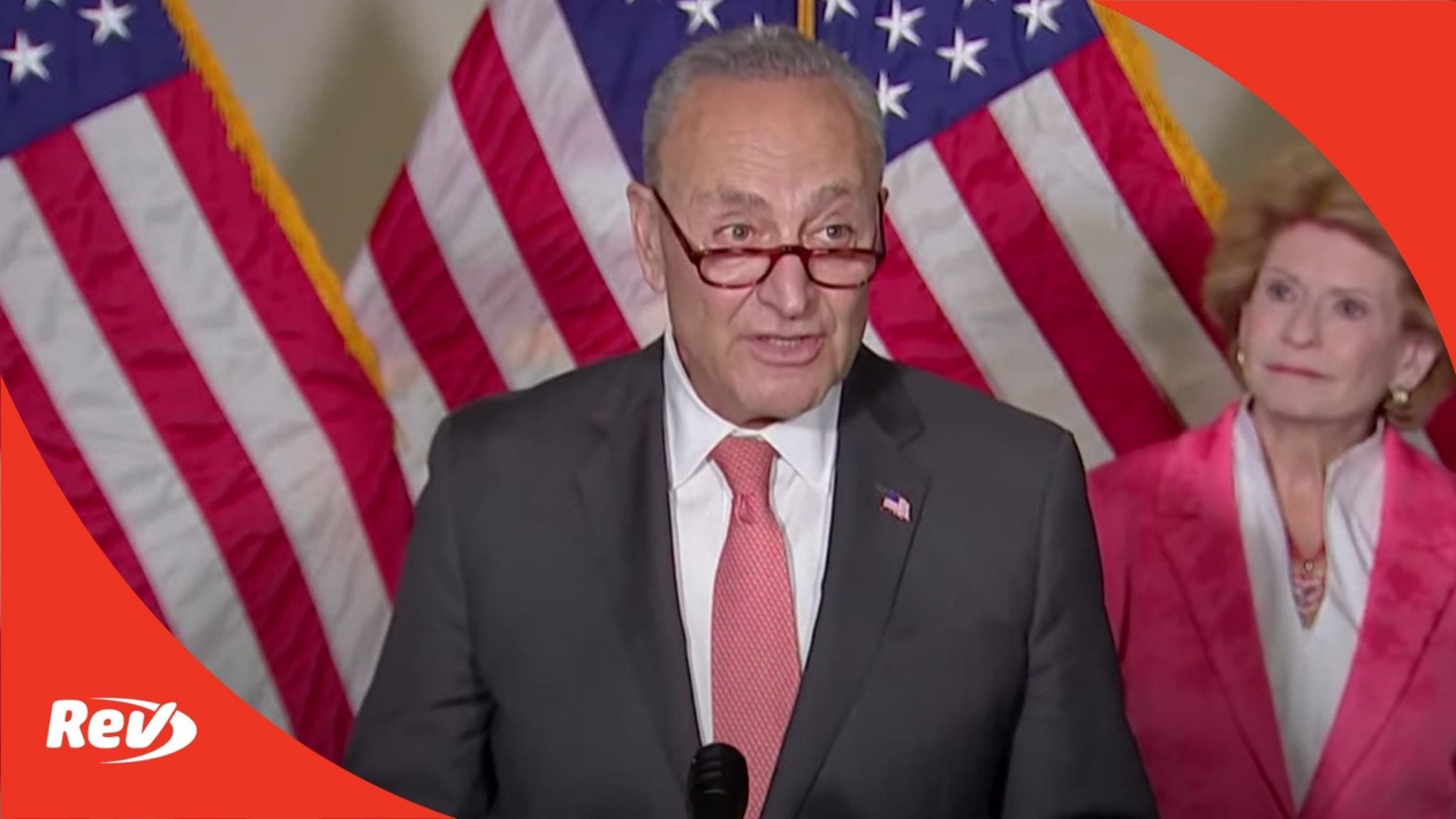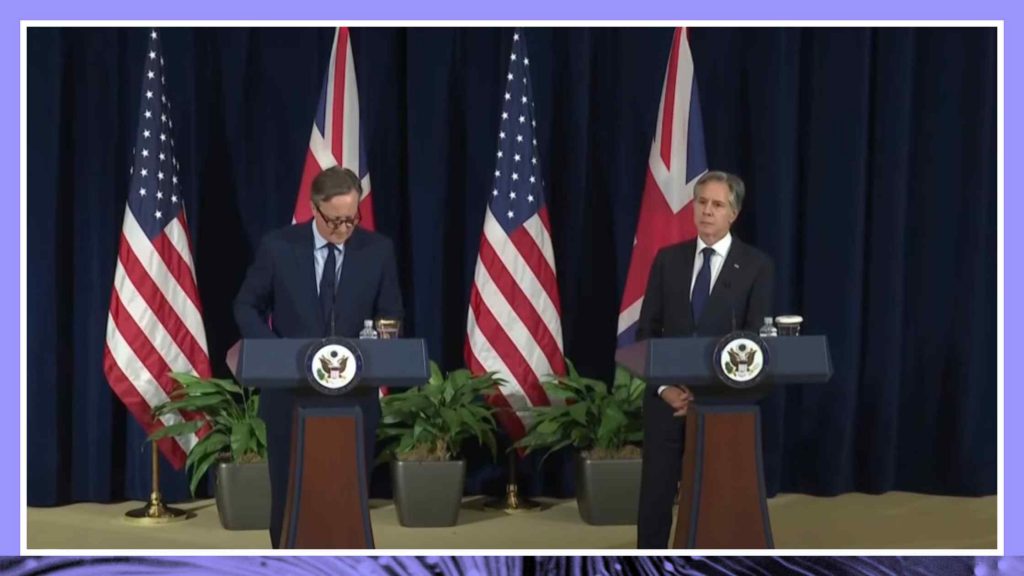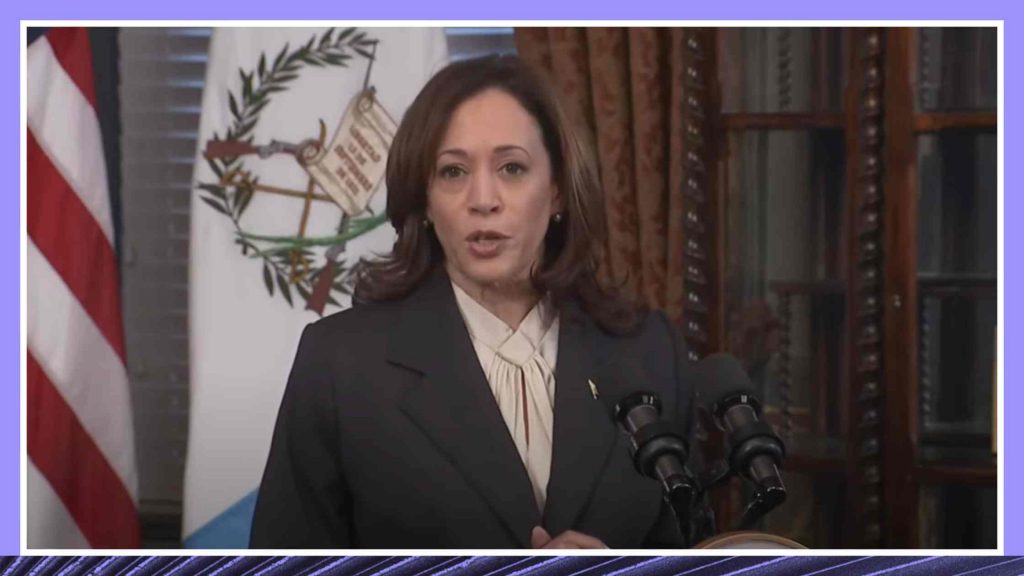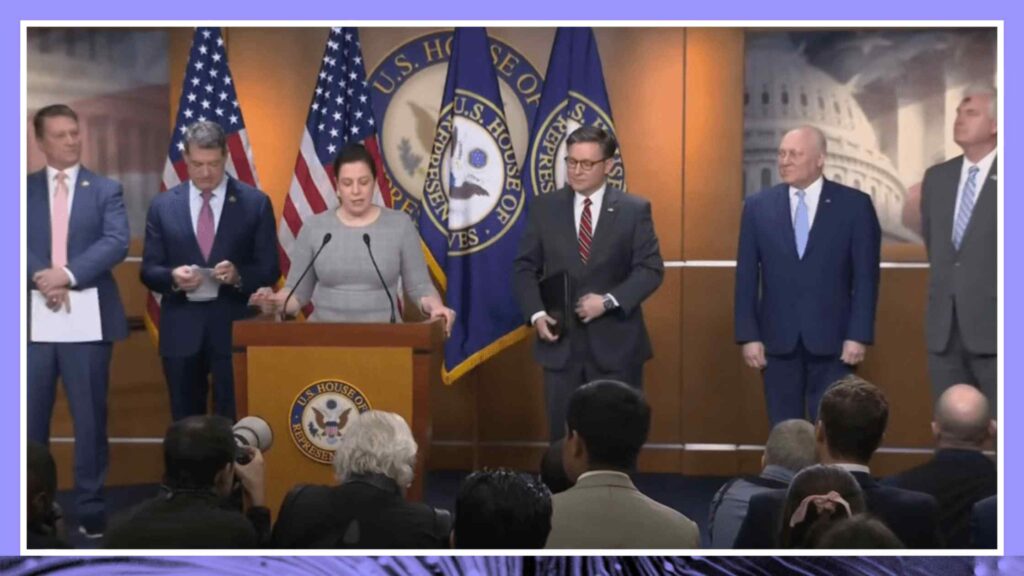Jun 8, 2021
Chuck Schumer, Senate Democratic Leadership Press Conference Transcript June 8

Senate Majority Leader Chuck Schumer and other Senate Democrats held a press conference on June 8, 2021. They discussed the Paycheck Fairness Act. Read the transcript of the news briefing speech here.
Transcribe Your Own Content
Try Rev and save time transcribing, captioning, and subtitling.
Chuck Schumer: (02:10)
Hello, everybody.
Speaker 2: (04:09)
Hello [crosstalk 00:04:09].
Chuck Schumer: (04:09)
Not too bad.
Debbie Stabenow: (04:09)
Is anything happening? Look at this.
Chuck Schumer: (04:16)
Yeah. I don’t know. Not much is going on, but we’ve got a big crowd today. Okay. So I want to thank… Senator Murray’s on her way. I know that. There she is.
Debbie Stabenow: (04:28)
There she is, yes.
Chuck Schumer: (04:30)
She is not just on her way. She is H-E-R-E here. I wanted to finish the word when she was here. Okay. So welcome back. And I’m glad to be joined by my colleagues. This is going to be a busy and consequential work period for the Senate. We’re going to consider landmark legislation to establish paycheck fairness, legislation to boost American innovation and competition in the 21st century, and legislation to protect voting rights and American democracy in the final week of June.
Chuck Schumer: (05:01)
In addition to these three important issues, the Senate is also going to consider Senator Biden’s exceptionally well-qualified judicial nominations this month. We confirmed President Biden’s first nominee to the federal bench earlier today. This is the first, certainly not the last, not even close. In just a few minutes, the Senate will turn to the nomination of Regina Rodriguez to be a judge from Colorado. And we’re appointing really excellent judges who are diverse, not only in race and gender and LGBTQ and religion, but also in background. Many more of the judges are coming from places like legal aid. Yesterday, I recommended to the President that two of the top voting rights lawyers in the country, [Marta 00:05:59] Perez for the second circuit and Mr. Ho from the chief voting rights lawyer of the ACLU. She’s the chief voting rights in the [Brennan 00:06:09] Center. He’s the chief in the ACLU.
Chuck Schumer: (06:10)
So it’s a much more diverse, and I think far more qualified than the narrow right-wing people who Trump continued to pick. And Senator Durbin will tell you, we’re going to be able to restore a lot of the balance to the courts because there’s a whole lot of vacancies that we are going to fill.
Chuck Schumer: (06:27)
Later today, we’re going to finish the US Innovation and Competition Act. And the Senate’s busy. That’s one of the most major and significant pieces of legislation we passed in a long time, which is going to have a huge effect on the future of the American economy and American jobs. It’s the largest investment in scientific research and technological innovation in generations. It sets the United States on a path to lead the world in the industries of the future. I look forward to working with Speaker Pelosi and the committees in both chambers to get this on the President’s desk.
Chuck Schumer: (07:01)
After that vote, we’ll have the first procedural vote on the Paycheck Fairness Act, which Senator Murray has been spearheading. In my view, this straightforward, unobjectionable piece of legislation should merit bipartisan support. All 50 Democrats are co-sponsors, all 50.
Chuck Schumer: (07:21)
Right now in America, women earn about 82 cents for every dollar a man makes. The gap’s even wider for women of color, even with similar education backgrounds, black and Latina women earn only 65 to 70% of what a white man makes. Many women with advanced degrees make less than their male counterparts who don’t have them. Will our Republican colleagues step up to the plate and join us to advance this common sense legislation that is overwhelmingly popular with the American people, men and women, or will Republicans block the Senate from even debating equal pay for women, just like they blocked the January 6th commission? Senator Durbin.
Dick Durbin: (08:04)
Thanks, Senator Schumer. And I want to say that the Senate Judiciary Committee is in the thick of things. We have a lot of issues before us, not the least of which is the case of filling the judicial vacancies across this country. We estimate in the coming months, we’re going to have over 100 vacancies at district and circuit court level that need to be filled. We are committed, as is President Biden, to bringing well-qualified, competent, diverse nominees to be considered by the judiciary committee.
Dick Durbin: (08:35)
As he mentioned, we finish one today. We hope to finish the second one soon. We have two other circuit nominees pending before the Senate, I think are excellent. One for the DC circuit, one for the seventh circuit, and more to follow.
Dick Durbin: (08:48)
I spoke today at our luncheon, encouraging members across the board to put the committees together, if they haven’t already, and to measure the qualifications of the many people who should be considered for lifetime appointments to the bench.
Dick Durbin: (09:03)
Secondly, we have other issues of great moment. We are in the midst , in a very delicate but critically important negotiations on the policing bill, and leading our effort is Cory Booker as subcommittee chair of the Crime Subcommittee. He’s working closely with Tim Scott, Republican Senator from South Carolina, and Karen Bass, a Democratic Congresswoman from the State of California. They are at a very delicate moment, and they may be just days away, I hope, fingers crossed, of coming up with something positive, which we want to be sure happens.
Dick Durbin: (09:37)
I am working as well in a bipartisan group to see if we can get the immigration bill moving, any immigration bill moving this year. There is a positive sentiment toward it. We’re going to try to do it on a bipartisan basis, if possible. If not, we’ll look to other alternatives and many other issues that we are taking up.
Dick Durbin: (09:55)
The point is this. This is a Senate that is determined to be active and productive. We’re doing our best to reach out to the other side of the aisle for bipartisan approach to as many issues as possible. I think that is what the American people are looking for, and that’s what we want to deliver. Thank you, Senator.
Chuck Schumer: (10:12)
Senator Murray.
Patty Murray: (10:15)
Thank you. Well, here’s the thing. The wage gap still exists in every state in our country. And that means that each United States Senator represents people who are, as we speak, experiencing pay discrimination. Women in the United States of America still earn, on average, 82 cents for every dollar that their male counterparts make. And that wage gap is even more pronounced for women of color. For example, over the course of just one year, the wage gap for Latina women averages almost $30,000 less, as compared to what a white man earns.
Patty Murray: (10:53)
That’s a huge amount of money. It’s groceries, it’s housing, it’s an education, it’s savings for their retirement. It could be life-changing. And it’s a true injustice that workers across our country are being shortchanged, rather than getting the pay that they deserve so they can live their lives, support their families and themselves without so much stress and struggle.
Patty Murray: (11:16)
As we know, the pandemic has really set women, in particular women of color, back even further and made clear just how urgent it is for us to act. Fair pay for your work is just not too much to expect, and it is needed now more than ever. Luckily, very soon, each of us in the United States Senate will have an opportunity to right this wrong with our votes on the Paycheck Fairness Act. This bill is very straightforward. It closes loopholes that allow pay discrimination to continue. It protects workers from retaliation for discussing their pay. It limits the use of prior wage history in the hiring process, so that pay discrimination can’t follow workers from job to job, and it increases transparency and accountability. So workers know whether they’re being paid fairly, so they have the evidence to hold their employers accountable if they are not.
Patty Murray: (12:12)
These are very simple steps, which is why this bill already passed the House with bipartisan support and the support of every single Democrat. So the question in front of us is going to be really simple. Do you believe every worker, regardless of who they are, should be paid fairly for their work or not? I know they should. I know that’s what Senate Democrats agree with. And I’m really hoping that Senate Republicans listen to their constituents who are experiencing the same wage discrimination ours do, and vote for this very long overdue solution that will help women, it will help workers, and it will help our economy as a whole. Thank you.
Chuck Schumer: (12:54)
Thank you, Senator Murray. Senator Stabenow.
Debbie Stabenow: (12:57)
Well, first [crosstalk 00:12:57].
Chuck Schumer: (12:57)
The orange group of this leadership, as opposed to the blue group.
Debbie Stabenow: (13:03)
Well, first [crosstalk 00:13:04].
Chuck Schumer: (13:03)
State colors, blue and orange.
Debbie Stabenow: (13:06)
Just ignore him.
Chuck Schumer: (13:10)
Try if you might.
Debbie Stabenow: (13:13)
First, I want to thank Senator Murray for her work over the years. This is a really important day. It’s going to be a really important vote. And frankly, women in Michigan and across America have been waiting long enough. It’s time to pass the Paycheck Fairness Act.
Debbie Stabenow: (13:28)
Consider a Michigan single mom who’s raising two young daughters, last year has been tough, trying to do her job remotely, keep track of the kids in terms of school. Meanwhile, if she’s anything like the average American woman, she’s earned just 82 cents for every dollar earned by her male coworkers doing the exact same job. And if she happens to be a woman of color, she’s probably earned a whole lot less.
Debbie Stabenow: (13:58)
This wage gap means that by the time she retires, she will have earned at least $400,000 less. $400,000 less than the guy in the next cubicle. That’s money she could use to pay the bills, save for a down payment on the house, send the kids to summer camp or music lessons for her daughters. And when it comes to retirement, that missing $400,000 even means she receives less social security benefits.
Debbie Stabenow: (14:31)
So this is serious for women in this country. It’s unfair, it’s wrong. It needs to change now. Now’s the time to pass the Paycheck Fairness Act. In Michigan, we tell our daughters that they can be anything they want to be when they grow up. Let’s make sure that includes being paid as well as our sons. This question, the real question today, is will our Republican colleagues join us, will our Republican colleagues join us in standing up for women in this country? I hope they will.
Chuck Schumer: (15:08)
Thank you, Senator Stabenow. Questions?
Speaker 2: (15:11)
[crosstalk 00:15:11] Committees this morning put out their January 6th report. I’m wondering how what’s in that report and what’s not in that report will affect how you’ll push for a commission, going forward?
Chuck Schumer: (15:19)
Well, we do believe there ought to be a commission to go forward. They almost deciduously avoided the words, two words that are vital to finding out what happened on January 6th, Donald Trump. The Republicans reportedly didn’t want any mention of him at all. And to find out, I think we should find out if other members of Congress participated in this as well. So there’s a whole lot. They did a great job on the report, but that deals with the immediate security needs. There’s a much deeper and more important, or just as important, story as to how this happened, who was responsible, and what should be done both to bring them to account and to make sure it doesn’t happen again. Yes.
Speaker 7: (15:59)
[crosstalk 00:15:59] Thank you. You talk about a lot of bills that you’re going to bring to the floor or try to bring them in the next few days, next few weeks, but you didn’t necessarily say you were going to pass these bills, besides of the [inaudible 00:16:08] and science technology bill. Is it really the Democratic agenda? Will we know here in a couple of weeks, if the agenda is stunted?
Chuck Schumer: (16:16)
Well, look, we believe America needs big, bold action in a whole variety of areas. And we’re going to work hard to get the votes for the biggest bold action that we can get. And in the past, our caucus has stayed unified and produced that big, bold action for the country. The ARP is extremely popular, even the most of Republican areas. And we’re going to continue to pursue doing just that. Yes, ma’am. Yes, ma’am.
Speaker 1: (16:42)
President Biden has presented Congress with a budget that proposes running $14.5 trillion in deficits over the next decade. Will Congress ever balance the budget, yes or no?
Chuck Schumer: (16:52)
Well, the President’s proposal does have [pay fors 00:16:57] in it that balance the budget. Now he wisely, in my opinion, had a 15 year stretch out of the pay fors and only an eight year of the spending, because when your economy is in a hole, as COVID has put us in, you need to get that money pumped into the economy. But I believe [crosstalk 00:17:12] no, I believe that he’s doing the right thing. Yes.
Speaker 8: (17:18)
[crosstalk 00:17:18] get a heads up from Senator Manchin about his op-ed over the weekend. And what is the path forward on voting rights?
Chuck Schumer: (17:23)
Okay, let me answer both. First, I don’t talk about my private conversations with Senator Manchin. We will vote on voting rights legislation, bold legislation, as one in the last week in June. Now, is it possible we might change a few things here and there? We’re going to do it. We’ve had discussions with Senator Manchin, and they’re continuing. Yes.
Speaker 9: (17:46)
[crosstalk 00:17:46] assuming that the US Innovation and Competition Act passes today, what do you spend to House to do with it? There’s going to be some major changes?
Chuck Schumer: (17:54)
I’ve already talked to Speaker Pelosi and Congress member Eddie Bernice Johnson about this. The House proposal is closer to the final product that we put forward on the [USICA 00:18:09]. It is no longer called Endless Frontiers Act. Now I love that name, but some people thought it had to do with covered wagons or something. So we changed it to USICA, United States Innovation and Competition Act. And so as USICA has moved forward, it’s come closer to the House bill. It’s in President Biden’s agenda. And I’m quite certain that we will get a really good product on the President’s desk. Yes.
Speaker 10: (18:37)
[crosstalk 00:18:37] on voting rights, Senator Manchin says that he favors the [inaudible 00:18:41] Voting Right Act. Will you bring that legislation [crosstalk 00:18:44].
Chuck Schumer: (18:43)
Well, I don’t know if you heard, but Speaker Pelosi put out a letter to her colleagues just a couple hours ago that said [US4 00:18:53], because of its constitutional difficulties and upcoming court cases, will not even be ready by the fall. So we’re going to put US1 on the floor. As I said, we’re open to changes and modifications, as long as it does the job. Okay. Last question. Nope. Nope. Not you. You. [inaudible 00:19:10] You had one last week.
Speaker 11: (19:13)
Are you confident that this bipartisan group of senators, including Senator Manchin, Senator Sinema, who are working on new infrastructure proposal, will present something that reflects the views of your caucus?
Chuck Schumer: (19:26)
We’re pursuing a two-path proposal. On the one hand, there’s bipartisan negotiations. And those are continuing. The first were between President Biden and Senator Capito with just Republicans. Those seem to be running into a brick wall, but a bipartisan group led by Senator Sinema, and I think Senator Portman is the lead Republican, are trying to put something together that might be closer to what the President needs.
Chuck Schumer: (19:54)
And so, that’s good, but that’s not going to be the only answer. We all know as a caucus, we will not be able to do all the things that the country needs in a bipartisan way. And so at the same time, we are pursuing the pursuit of reconciliation, and that is going on at the same time. And it may well be that part of the bill that will pass will be bipartisan, and part of it will be through reconciliation. But we’re not going to sacrifice the bigness and boldness in this bill. We will just pursue two paths, and at some point they will join. Thank you, everybody.
Speaker 11: (20:31)
Thank you.
Transcribe Your Own Content
Try Rev and save time transcribing, captioning, and subtitling.






